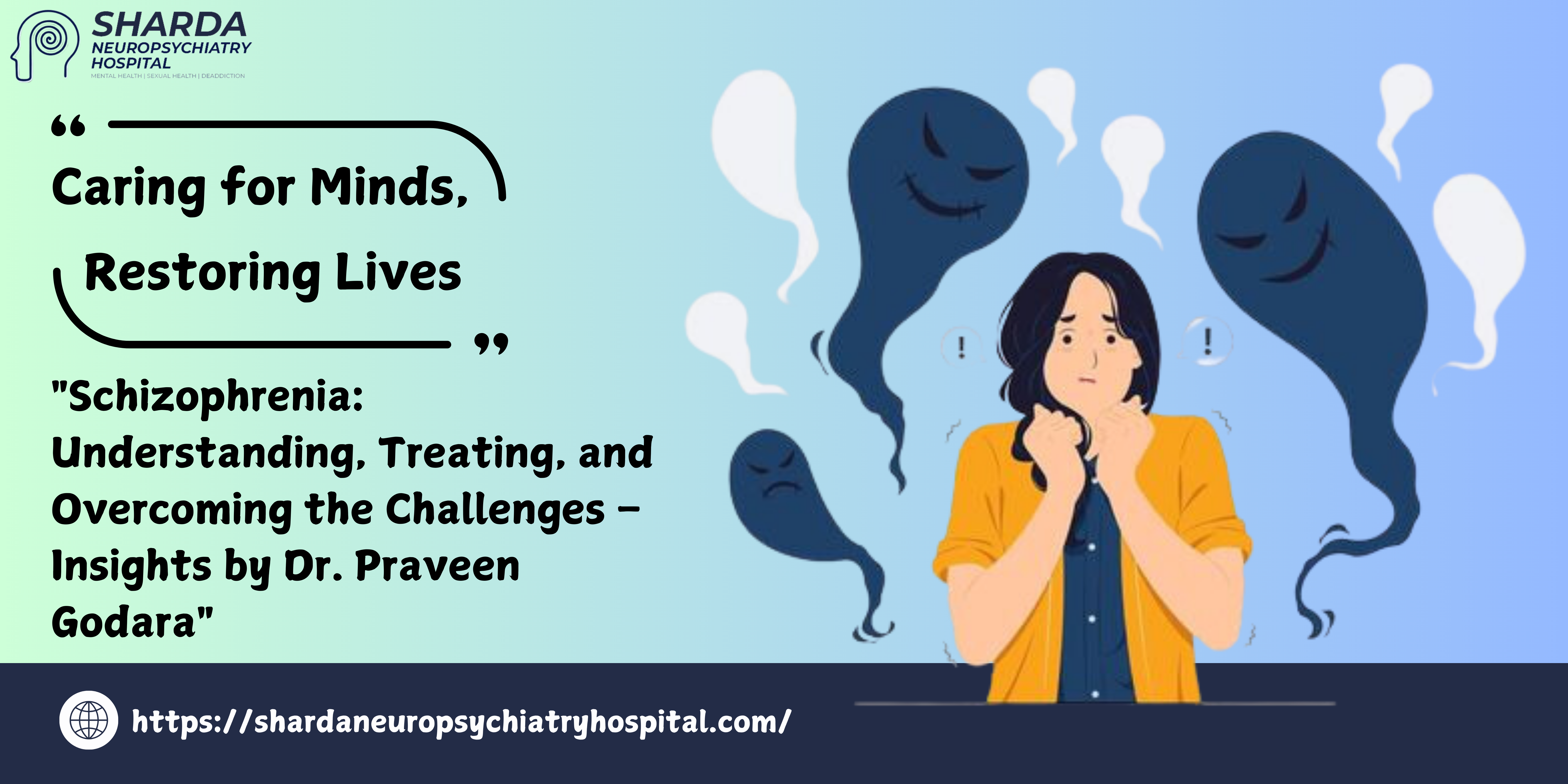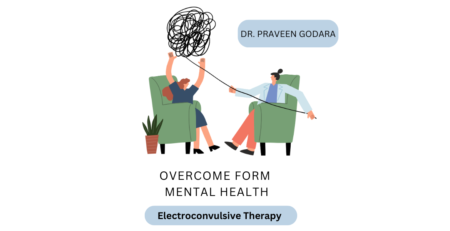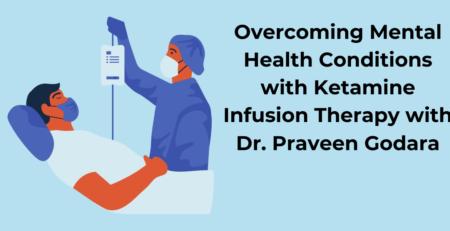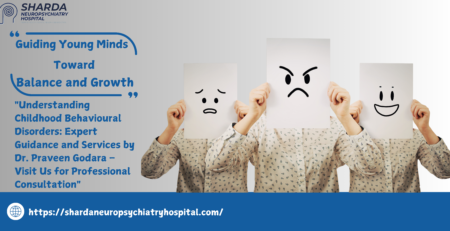Understanding Schizophrenia: Insights by Dr. Praveen Godara
By Dr. Praveen Godara, Consultant Psychiatrist, Sharda Neuropsychiatry Hospital
Schizophrenia is a complex mental health disorder that affects how a person thinks, feels, and behaves. Often misunderstood, this condition is not about “split personalities” but involves a range of symptoms that can deeply impact an individual’s quality of life. At Sharda Neuropsychiatry Hospital, we specialize in treating such conditions with care and evidence-based methods. Let’s delve into what schizophrenia is, its causes, symptoms, and treatment options.
What is Schizophrenia?
Schizophrenia is a chronic brain disorder characterized by episodes of psychosis, where individuals lose touch with reality. It typically manifests in late adolescence or early adulthood, though its onset can vary. This disorder disrupts one’s ability to think clearly, manage emotions, make decisions, and interact with others effectively.
While schizophrenia affects less than 1% of the population worldwide, its impact on patients and their families is profound. Early diagnosis and treatment can significantly improve outcomes.
Symptoms of Schizophrenia
Schizophrenia symptoms are categorized into three groups:
- Positive Symptoms:
- Hallucinations (hearing, seeing, or feeling things that aren’t there)
- Delusions (strong beliefs not based on reality)
- Disorganized speech or behavior
- Negative Symptoms:
- Reduced emotional expression
- Lack of motivation or interest in daily activities
- Social withdrawal
- Cognitive Symptoms:
- Difficulty focusing or concentrating
- Impaired decision-making
- Problems with working memory
Causes of Schizophrenia
The exact cause of schizophrenia remains unclear, but research points to a combination of genetic, biological, and environmental factors:
- Genetics: A family history of schizophrenia increases the risk.
- Brain Structure and Chemistry: Abnormalities in brain structure or chemical imbalances, particularly in dopamine and glutamate, are linked to the disorder.
- Environmental Triggers: Stressful life events, trauma, or prenatal exposure to infections or malnutrition may contribute.
At Sharda Neuropsychiatry Hospital, we approach each case holistically, considering these factors to create personalized treatment plans.
How is Schizophrenia Treated?
Though schizophrenia is a lifelong condition, modern treatments can help individuals lead fulfilling lives. Treatment generally includes:
1. Medication:
Antipsychotic medications are the cornerstone of treatment. They help manage symptoms by balancing brain chemicals.
2. Psychotherapy:
Cognitive Behavioral Therapy (CBT) and other therapeutic approaches aid patients in coping with challenges, improving social skills, and reducing relapse rates.
3. Rehabilitation:
Vocational and social skills training enables patients to integrate back into society and improve their quality of life.
4. Family Support:
Family education and involvement play a vital role in providing emotional and practical support to the patient.
At Sharda Neuropsychiatry Hospital, we combine medical expertise with compassionate care, ensuring that both the patient and their family receive comprehensive support.
Breaking the Stigma Around Schizophrenia
One of the biggest challenges for individuals with schizophrenia is societal stigma. Misunderstandings about the disorder can lead to isolation and discrimination. As a mental health advocate, I urge society to foster a culture of understanding and acceptance.
Remember, schizophrenia is a medical condition like any other, and with the right support, people with this disorder can thrive.
When to Seek Help?
If you or a loved one are experiencing symptoms of schizophrenia, early intervention is key. At Sharda Neuropsychiatry Hospital, our team of specialists provides expert diagnosis and treatment tailored to individual needs.
Closing Thoughts
Schizophrenia is a complex disorder, but it is manageable with the right approach. At Sharda Neuropsychiatry Hospital, we are dedicated to helping individuals regain control of their lives and achieve mental well-being. If you suspect someone you know might be struggling, don’t hesitate to reach out.
For more information or to book a consultation, visit Sharda Neuropsychiatry Hospital today.
Dr. Praveen Godara
Consultant Psychiatrist, Sharda Neuropsychiatry Hospital








Leave a Reply